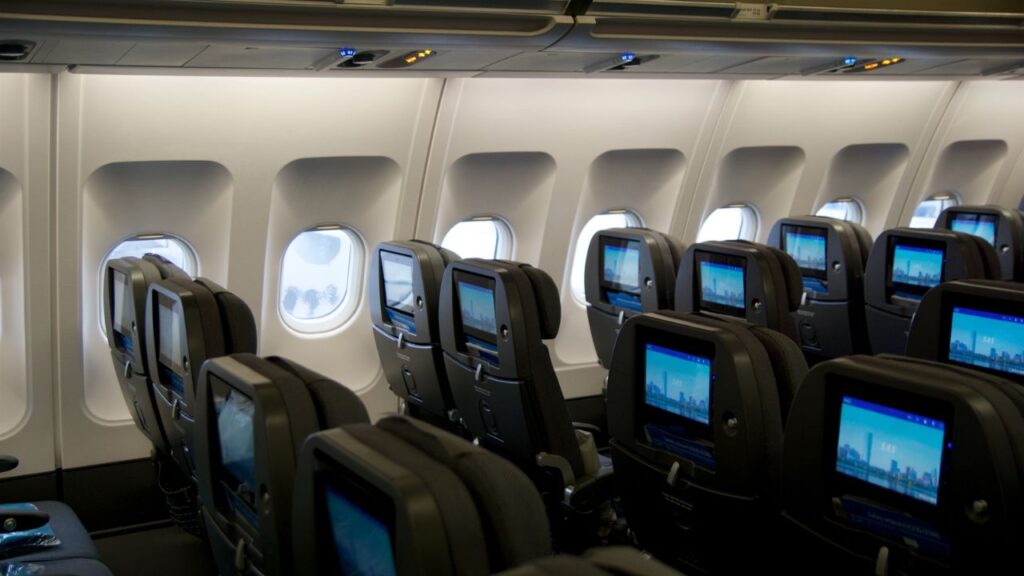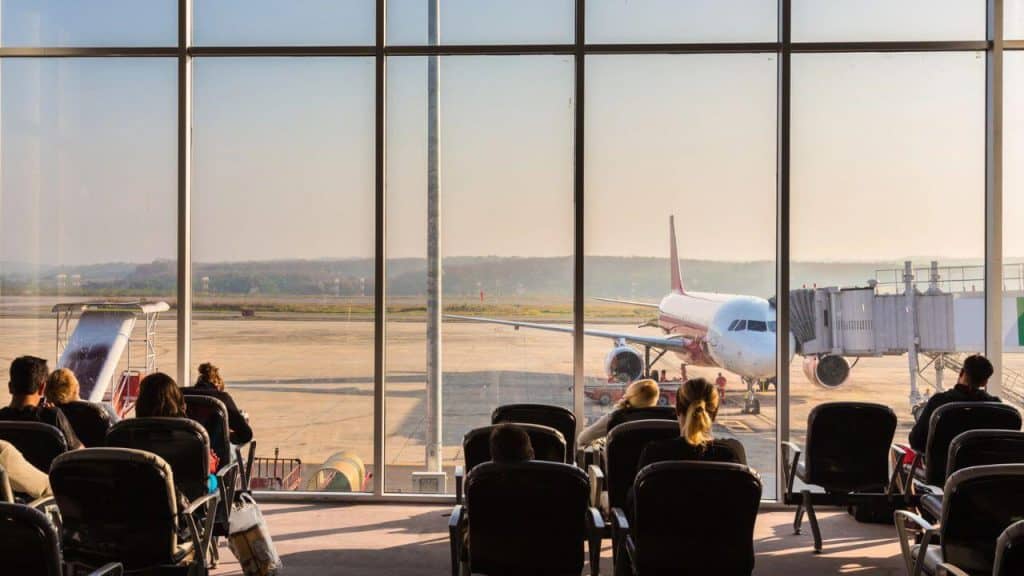America’s Summer Travel Season Is a Mess, and It’s Getting Worse

America’s summer travel season is off to a rocky start, and the turbulence isn’t just in the skies.
A mix of airline chaos, falling international demand, and Trump’s expanded travel bans are creating significant headwinds for the U.S. tourism industry.

Despite more seat availability and ending pandemic-era restrictions, fewer international travelers are heading to the United States.
According to Reuters, airfares between the U.S. and Europe have dropped by as much as 21% this summer compared to last year, reflecting soft demand even during what should be peak season. Bookings from key markets like Germany and the Netherlands are down 19% and 17%, respectively, with similar declines across Western Europe.
Analysts attribute the drop not only to rising costs of living and economic uncertainty overseas but to growing concerns about travel to the U.S., including political volatility, unpredictable visa processes, and a sense that the country is less welcoming than it once was.
Tourists are increasingly opting for alternatives in Asia, Latin America, and the Mediterranean, where entry processes are smoother and political tensions are less visible.
For U.S. airlines and tourism-dependent businesses, the drop in demand is sounding alarms. Fewer international visitors mean reduced spending on hotels, attractions, restaurants, and retail revenue that many local economies rely on during summer.

While fewer international travelers are arriving, domestic carriers are facing their own crisis. Airlines are operating under what AS USA calls a “perfect storm” of challenges threatening to derail the summer season.
Aircraft shortages top the list. Boeing, still recovering from safety issues and production delays, has failed to deliver hundreds of aircraft that major carriers were depending on to meet summer demand. Airlines like Delta and United have been forced to cut routes, reduce flight frequencies, or even switch to smaller planes, limiting seat availability.
To make matters worse, there’s a persistent staffing shortage. Pilots, flight attendants, maintenance crews, and customer service personnel are in short supply. In some cases, flights are being grounded because no one is available to operate them.
Then there’s air traffic control. An under-the-radar crisis with significant consequences. The Federal Aviation Administration (FAA) remains critically understaffed in key destinations, including New York and Florida, which are among the most congested in the country. Controller shortages have triggered delays and cancellations, even when weather conditions aren’t an issue.
As one industry analyst put it: “This is peak travel season, and the system is stretched to its limit. There’s no slack left.”

In addition to logistical breakdowns, politics is again threatening America’s role as a global travel hub.
According to an NPR report, Trump is considering a major expansion of his previous travel bans. A new State Department memo reveals that up to 36 more countries could face blanket restrictions within 60 days unless they meet new security and information-sharing benchmarks.
Many of the targeted nations are in Africa, Asia, and the Caribbean, which have already expressed concern about their treatment under previous U.S. travel policies. Critics argue that the new bans, framed as national security measures, will disproportionately impact developing nations and reinforce the perception that the U.S. is closed off to much of the world.
Even before any new bans are enforced, new headlines are enough to create hesitation. International travelers are choosing other destinations due to complex visa processes, unjustified detentions, and political volatility.

For the U.S. tourism industry, it’s shaping up to be a worst-case scenario.
International interests are softening, planes are grounded at home, and a fresh round of travel bans could further discourage global visitors.
The result: empty hotel rooms, half-full flights, and billions in potential revenue at risk.

wanderwithalex





